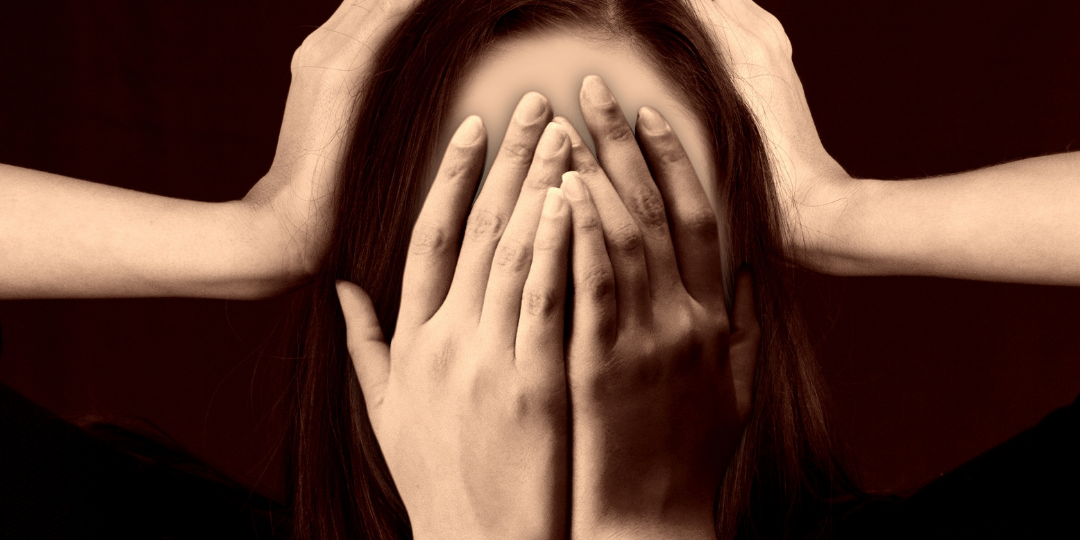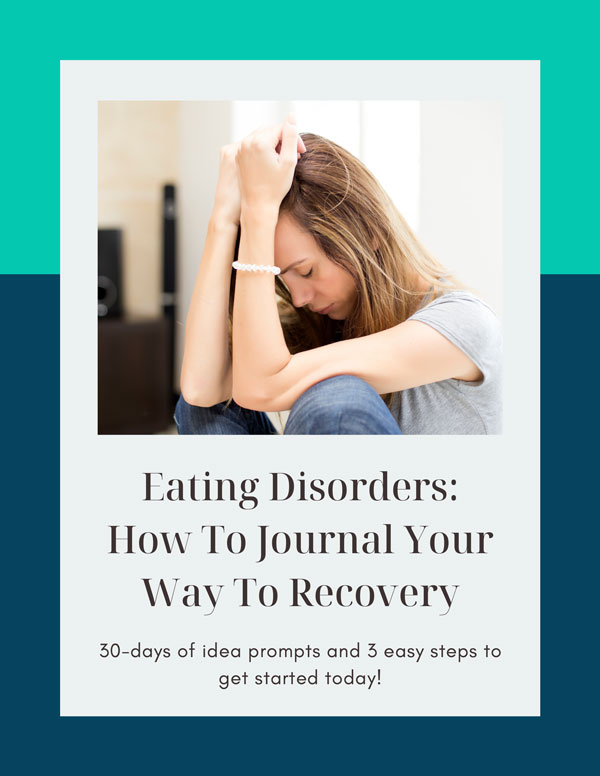
How Anxiety Manifests in Your Body Physically
When you hear about anxiety, you generally hear about the mental and emotional effects it can have. However, it is important to recognize that anxiety may also include physical symptoms. Even if it is not directly obvious to you, the connection between how you are feeling physically and your emotional state is very strong. Follow along as we clarify how anxiety manifests in your body physically and why your body reacts to anxiety physically. We will touch on both common physical symptoms and some lesser known physical symptoms that you may be missing or disregarding. We will also discuss how you can manage your anxiety symptoms to better take care of your mental and physical well-being.
Typical Physical Symptoms
Some of the typical physical symptoms you may experience with anxiety include: shortness of breath, rapid heartbeat, excessive sweating, and restlessness. These are the physical anxiety symptoms you often hear about. Why does anxiety happen? Anxiety is the body’s response to stress. It initiates your fight-or-flight response. Naturally, this causes heavy breathing, an increase in heart rate, and a faster release of certain stress hormones into your bloodstream. While anxiety is a helpful tool when you are facing a real threat, being in a constant state of fight-or-flight can take a big toll on your physical health. How anxiety manifests in your body physically is unique to each individual. You may also experience additional, lesser known physical symptoms that we will discuss more in the next paragraph. Once you understand how your body reacts to stress, you can start to manage your specific symptoms.
Lesser Known Symptoms
Some physical anxiety symptoms you may not necessarily attribute to your anxiety include: nausea, frequent urination, weakness, unexplained pain, fatigue, imparied immune system, and digestive issues. Perhaps you have struggled with some of these symptoms, but assumed they are unrelated to a mental health condition such as anxiety. However, as we learned in the previous paragraphs, physical and mental health are deeply intertwined. To learn more about why your body reacts to anxiety physically, continue reading.
Why Your Body Reacts to Anxiety Physically
Again, anxiety is your body’s response to stress and initiates the fight-or-flight response. Your body reacts physically to anxiety because it is preparing to either fight the potential threat or run away. The most common physical symptoms of anxiety are heavy breathing and a racing heartbeat. Heavy breathing is meant to increase the amount of oxygen in your body so your body can receive more blood. However, this increase in oxygen can actually do the opposite of what you may expect. It can leave you feeling short of breath and may even result in hyperventilation. Long-term anxiety often causes your brain to release stress hormones, such as adrenaline and cortisol, on a regular basis. This may cause your heartbeat to speed up, as well as frequent headaches and dizziness.
Continuing exposure to stress hormones can also contribute to many other serious health issues. For example, frequent, long-term exposure to cortisol has been linked to weight gain. In addition, adrenaline and cortisol affect digestion and blood sugar. This can explain why people with anxiety sometimes suffer from high blood pressure, stomach aches, nausea, diarrhea, loss of appetite, and other digestive issues. Furthermore, because your body produces stress hormones when you are anxious, your body is in a constant state of high-alert. Functioning at a high-stress level constantly can be draining, leave you feeling exhausted, and decrease your immunity. It is difficult for your body to function when it is always in fight-or-flight mode, thus your immunity may suffer, causing you to get sick much more often. Finally, your muscles naturally tense up when your body is in fight-or-flight mode. If you are struggling with anxiety, there is never a chance for your muscles to relax. Chronic tension in your muscles inevitably leads to achy muscle pain.
Managing Anxiety Symptoms
To protect your mental and physical health it is important to take steps to better manage your anxiety symptoms. Treatment for anxiety depends on what symptoms you are suffering from and how severe those symptoms are. The two main treatments for anxiety are medication and therapy, or a combination of the two. Medications do not cure anxiety, but they can help minimize symptoms and stop anxiety from disrupting your daily routine. The type of medication you may be prescribed depends, again, on the symptoms you are experiencing and the severity of those symptoms. Psychotherapy has also been proven to be an effective treatment for many anxiety disorders. Cognitive Behavioral Therapy (CBT) is the most common type of therapy used for anxiety treatment. CBT can help you pinpoint and focus on your fears realistically to overcome your panic.
At Meredith O’brien & Affiliates, we strive to provide a safe and nurturing therapy environment for all of our clients to identify their treatment goals and develop coping skills to better manage their lives. We understand the mental and physical effects anxiety can have, altering your life and ability to function day to day. We want to help you reduce life stressors and get back to feeling hopeful, productive, and in control of your life and health. To learn more, or to book an appointment, visit the Meredith O’brien & Affiliates website.
Photo cred: @theself_carekit⠀⠀


